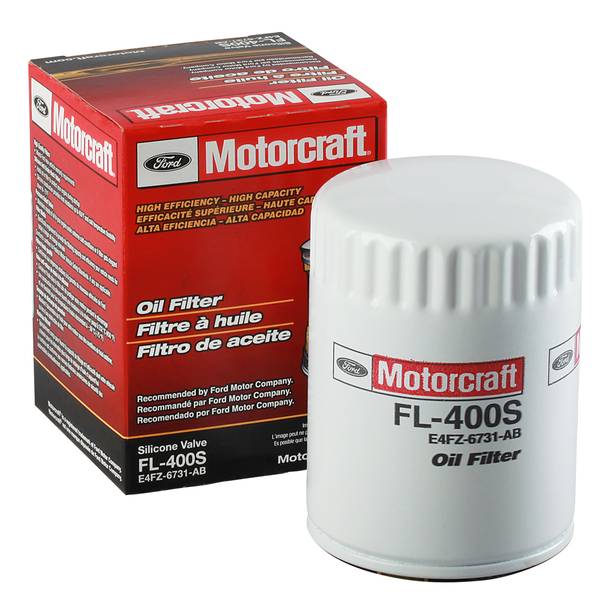정보 | Sustainable Manufacturing
페이지 정보
작성자 Susannah Quiles 작성일25-05-07 09:40 조회78회 댓글0건본문
 The car industry has undergone significant changes in the past decade, driven by the need for sustainability. One technology that has emerged as a key component in the industry's shift towards eco-friendliness is the liquid separation technology. This innovative technology has been successfully integrated across various sectors, including the car industry, and its applications continue to expand.
The car industry has undergone significant changes in the past decade, driven by the need for sustainability. One technology that has emerged as a key component in the industry's shift towards eco-friendliness is the liquid separation technology. This innovative technology has been successfully integrated across various sectors, including the car industry, and its applications continue to expand.Filter press technology involves a series of chambers stacked on top of one another, creating a closed container that allows liquids to pass through. This process enables the efficient removal of wastewater, reducing byproducts and promoting a cleaner environment. In the context of the vehicle industry, filter press technology is primarily used for eliminating liquids containing contaminants, such as factory waste, and wastewater generated from the manufacturing process.
One of the key benefits of adopting liquid separation in the automotive industry is its ability to meet regulatory requirements. Automotive manufacturers are increasingly facing stringent regulations related to pollution control, and waste treatment offers a viable solution to address these concerns. By utilizing this technology, producers can ensure reduce environmental impact.
Another advantage of liquid separation is its cost-effectiveness. Compared to outdated processes of pollution control, filter press technology is a more cost-effective approach. It enables the recycling of wastewater, which can be reprocessed in various manufacturing processes, thereby reducing the need for additional supplies and conserving goods.
In addition to its environmental benefits and economy, liquid separation also offers increased customization. It can be successfully incorporated into ongoing manufacturing processes, allowing manufacturers to improve their processes without causing interruptions. Furthermore, the technology is highly customizable, allowing for the removal of a diverse array of wastewater containing diverse substances.
The adoption of automatic filter press manufacturers in india press technology in the car industry has also led to progress in related areas such as materials science. By working closely with producers and waste treatment experts, experts can develop new materials and processes that improve the performance and effectiveness of liquid separation units.
As the car industry continues to change towards greater eco-friendliness, liquid separation is poised to play an increasingly essential role. Its ability to meet regulatory requirements, its cost-effectiveness, and its operational flexibility make it an attractive solution for producers seeking to minimize waste disposal costs.
Looking ahead to the upcoming years and beyond, it is likely that liquid separation will become even more widespread in the industry, enabling a more effective and environmentally responsible production process.
Moreover, the continued development of liquid separation will drive further progress in the field, opening up new possibilities for the automotive industry. For instance, advancements in chemical engineering could lead to the development of more efficient filter press systems, while research into resource conservation methods could improve the overall effectiveness of liquid treatment and reclamation processes.
Ultimately, the incorporation of waste treatment in the automotive industry represents a significant step towards a more sustainable and environmentally responsible future. As the industry continues to progress, it is essential to remain up-to-date about the latest advances in this area and to consider opportunities for cooperation and innovation that can encourage progress towards a more eco-friendly car sector.
댓글목록
등록된 댓글이 없습니다.

